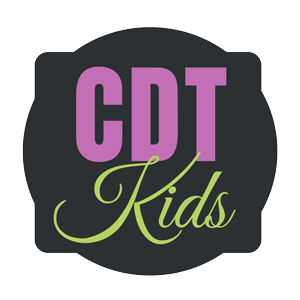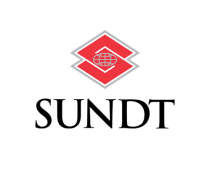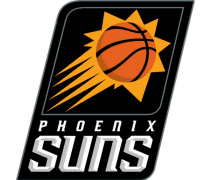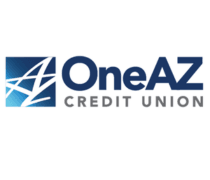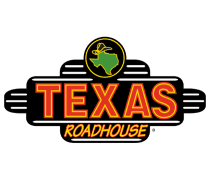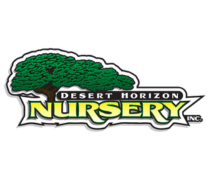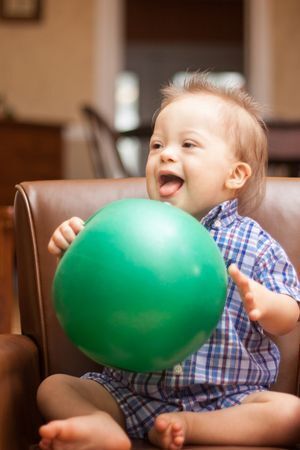
Your speech therapist will assess, diagnose speech and language delays and disorders, and provide direct 1:1 therapy. Our department strives to provide fun, effective speech and language services for children of all ages and communication challenges.
Speech and Articulation Skills checklist
Language Developmental Milestones
Do you need ST? Click here to submit a new therapy inquiry form
We look at the whole child in the following areas: expressive language, receptive language, speech-motor skills, pragmatics (social skills), fluency skills, voice and resonance skills, and auditory processing. CDT Kids uses a child-directed developmental play approach in therapy, utilizing children’s natural means of learning to facilitate further development of skills. Sessions are goal directed and structured to address the specific needs of each child, allowing us to implement appropriate supports to ensure that intervention is individualized and effective. Your evaluating speech therapist will bring specific knowledge and expertise to help identify contributing factors that are impacting your child’s ability to successfully communicate in daily activities. The therapist will work in collaboration with you, and any other specialists, to create an appropriate and relevant intervention plan.
Speech and language services include intervention for delays or disorders in the following areas:
Speech
Speech is the physical production of speech sounds. It involves the movement of the articulators (lips, tongue, velum, teeth, jaw) to produce consonants and vowels. Children with speech disorders may produce sounds incorrectly, substitute one sound for another, omit sounds, have difficulty sequencing sounds (apraxia) or exhibit weakness of the oral musculature (dysarthria).
Language
Language is a coded system comprised of symbols (e.g. letters, words) that allows us to share messages with others. Language can be verbal or non-verbal, and include any of the following systems: speech, sign language, facial expressions, body language, writing, augmentative communication device/system. Children with language disorders may exhibit deficits in receptive, expressive and/or pragmatic language. Such deficits may include a limited vocabulary, difficulty following directions and an inability to combine words, form sentences, ask/respond to questions and use language in a functional, meaningful and productive manner. Therapy for language disorders may target increasing vocabulary, improving grammar and expanding phrases and sentences. For younger children, language therapy is usually play-based.
Communication
Communication is the way we use verbal and non-verbal language to share our experiences, thoughts and ideas with others. Communication does not require speech, but it does require engagement. To use language to communicate, a child must first be engaged with another person and understand the difference between self and other. Engagement is most easily obtained via play and thus therapy for communication is typically play-based. The more engaged a child is, the more likely he is to use language functionally.
Types of Services
Comprehensive Evaluations for Speech Therapy:
During a speech-language evaluation, one or more areas of concern, including oral-motor, sequencing, expressive language, receptive language, pragmatic language and auditory processing, may be formally or informally assessed.
Evaluations will provide a baseline for where the child is in their various skill areas as well as allow us to look at the process in which a child completes various tasks asked of them during an evaluation. From an evaluation, we are able to determine recommendations for clinic based therapy or home program suggestions.
1:1 Direct Therapy:
A speech therapist will work with your child individually, targeting his/her specific goals or needs. 1:1 direct speech therapy consists of play or drill based therapy.
Home or School Consultations:
A therapist will come into your home or school and make specific communication, speech or language recommendations for you and your child based on their natural environment.
Home Programs:
Carryover of clinical therapy skills into a child’s natural environment at home is essential for maximizing therapeutic potential. Our staff strives to work collaboratively with all of our families to support home programs that fit with your family’s daily life and schedule to optimize your child’s development.
In-services and Trainings:
CDT Kids will provide in-service training and workshops for families and the community as requested.
Speech and OT Co-Treatments:
We can provide simultaneous treatment by a speech therapist and occupational therapist, creating the opportunity for the child to be organized and ready for increased speech production and communication.
Social Skills Groups:
Certain locations offer social skills groups to help generalize and support areas targeted in 1:1 therapy, in a more complex, dynamic and natural environment. These groups focus on learning conversation skills, turn taking, gaining attention and asking questions, to overall, increase social interaction and improving overall pragmatic language.
